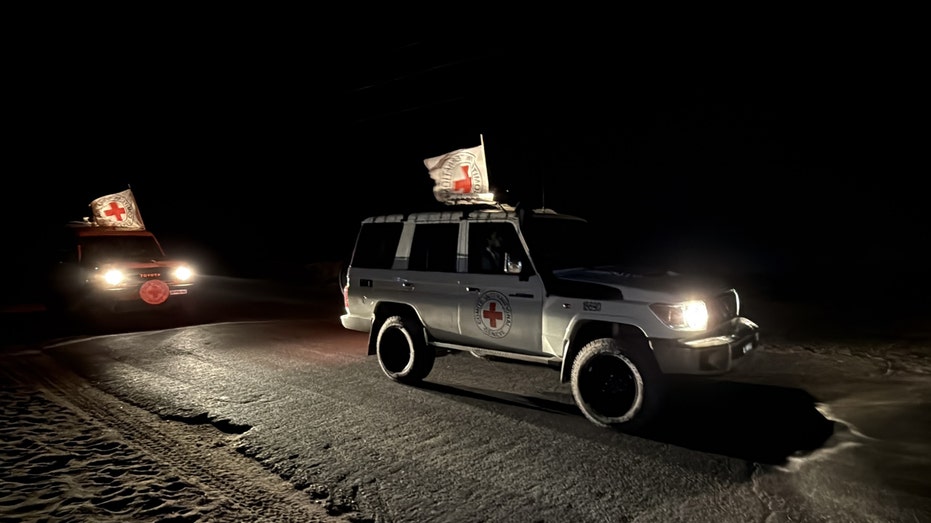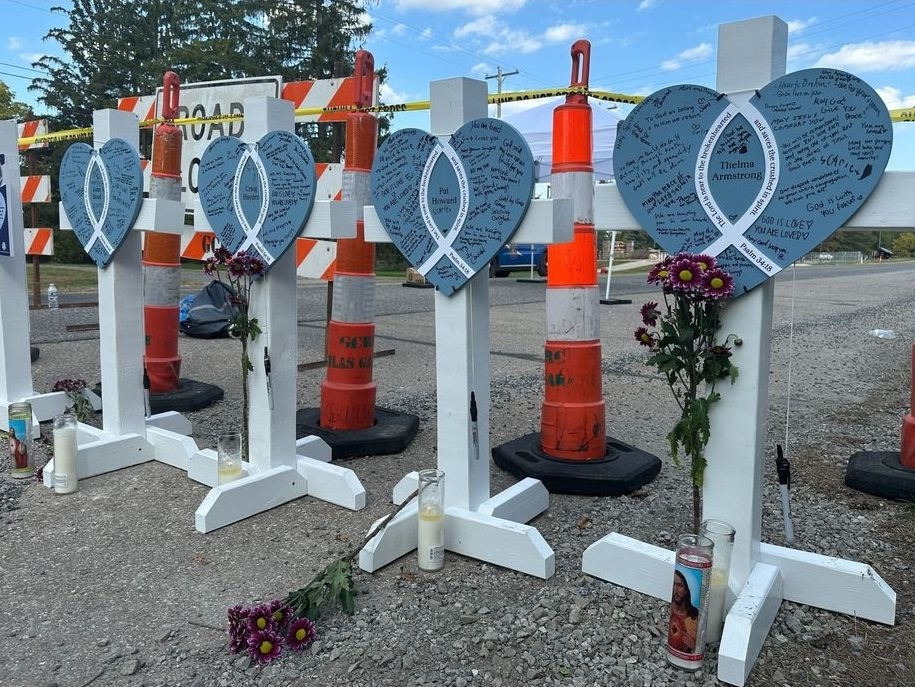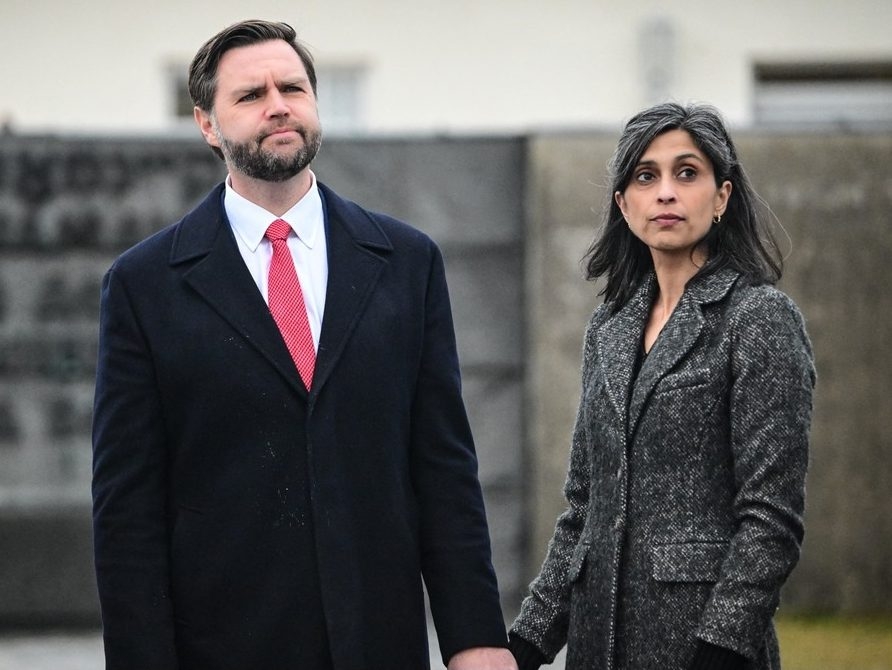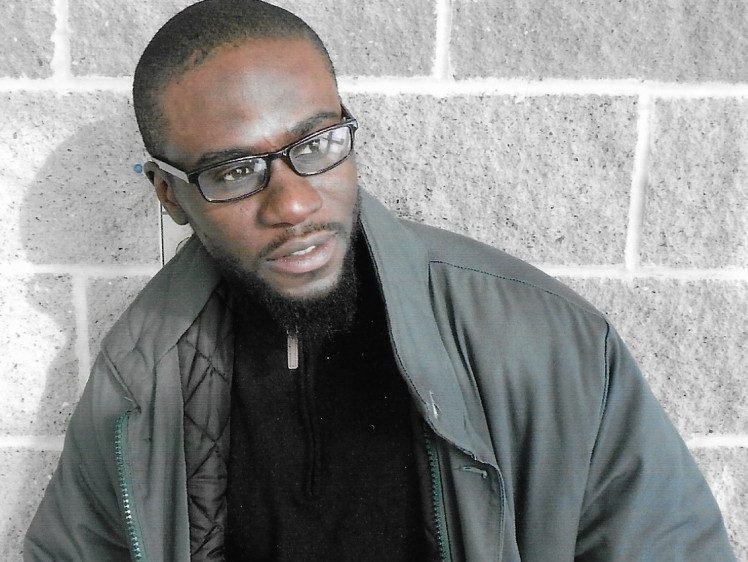Aboard Air Force One, the President offered a cryptic response when questioned about a potential shift in U.S. nuclear policy. He stated that a decision regarding underground nuclear detonation tests would be revealed “very soon,” leaving reporters and global observers in a state of uncertainty.
The ambiguity stems from a recent social media post where the President appeared to suggest the U.S. would resume nuclear warhead tests, mirroring actions taken by Russia and China. This would mark the first such tests in three decades, a move that could dramatically alter the international security landscape.
Defense Secretary Hegseth attempted to clarify the situation, hinting that any testing would focus on existing warheads, framing it as a “responsible” measure to maintain a credible deterrent. However, the Secretary’s statements did little to quell the confusion surrounding the President’s initial remarks.

The President himself added to the uncertainty, stating simply, “We’re going to do some testing,” and justifying the potential move by noting that other nations are also pursuing such activities. He offered no specifics, fueling speculation about the scope and nature of the planned tests.
Current U.S. policy involves regular testing of missile systems capable of carrying nuclear warheads, but a full detonation of a weapon hasn’t occurred since 1992. The international norm, solidified by the Comprehensive Nuclear Test Ban Treaty – though unsigned by the U.S. – has been largely observed by nuclear powers, with North Korea being the notable exception.
The Pentagon and the Energy Department, responsible for the nation’s nuclear stockpile, have remained silent on the matter, further intensifying the mystery. This lack of official communication has left even high-ranking officials struggling to interpret the President’s intentions.
Secretary Hegseth, speaking from Malaysia, emphasized the need for a “credible nuclear deterrent” and argued that resuming testing could paradoxically *reduce* the likelihood of nuclear conflict. He indicated the Pentagon is moving forward quickly to implement the President’s directive.
Russia has responded to the President’s post by asserting its continued adherence to the global ban on nuclear testing. However, the Kremlin issued a stark warning: should the U.S. resume testing, Russia would reciprocate, potentially triggering a dangerous escalation reminiscent of the Cold War.
During a Senate hearing, Vice Adm. Richard Correll, nominated to lead the U.S. nuclear command, expressed difficulty in interpreting the President’s comments, offering no definitive explanation to lawmakers. His cautious response underscored the widespread confusion surrounding the potential policy shift.
The timing of the President’s announcement coincides with Russia’s recent unveiling of a new atomic-powered underwater drone and a nuclear-powered cruise missile, adding another layer of complexity to the unfolding situation. The world now waits, bracing for clarity on a decision with potentially far-reaching consequences.





